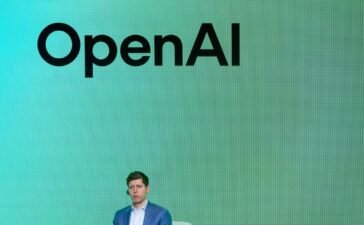Is the key to autonomous cars that don’t run over pedestrians and crash into telephone poles a humanoid robot behind the wheel? A group of researchers at the University of Tokyo think so, and they lay out their argument in a newly published technical paper this week.
The researchers, one of whom consults for Toyota, developed and trained a “musculoskeletal humanoid” called Musashi to drive a small electric car through a test track.
Equipped with two cameras standing in for human eyes, Musashi can “see” the road in front of it as well as the views reflected in the car’s side mirrors. With its mechanical hands, it can rotate the car’s key, pull the handbrake and switch on the turn signal. And, thanks to its anti-slip “feet,” Musashi can press on the accelerator or brake pedal.
After “teaching” Musashi how to use the car’s steering wheel by feeding it raw sensor data, the researchers managed to get the robot to turn a corner at an intersection while respecting traffic light signals, they claim.
But there are caveats.
For one, Musashi only gingerly lifted its “foot” off the brake pedal to turn the corner rather than tap the accelerator. This was the result of technical limitations and out of an abundance of caution, the researchers say — but, as a result, the turn took about two minutes.
Musashi did use the accelerator in a separate experiment, the researchers say. But it had trouble maintaining a consistent speed, depending on the steepness of the road’s incline.
So clearly there’s some work to be done. Fortunately, the researchers say they’re up for the challenge, with plans to develop a next-gen robot and software. Maybe a few decades down the line, Musashi will be behind the wheel of your next Tokyo taxi.
You Might Also Like
Chinese marketplace DHgate becomes a top US app as trade war intensifies
The Trump trade war has gone viral on TikTok, pushing a Chinese e-commerce app, DHgate, to the top of the...
Hertz says customers’ personal data and driver’s licenses stolen in data breach
Car rental giant Hertz has begun notifying its customers of a data breach that included their personal information and driver’s...
OpenAI plans to phase out GPT-4.5, its largest-ever AI model, from its API
OpenAI said on Monday that it would soon wind down the availability of GPT-4.5, its largest-ever AI model, via its...
Google’s newest AI model is designed to help study dolphin ‘speech’
Google’s AI research lab, Google DeepMind, says that it has created an AI model that can help decipher dolphin vocalizations,...










